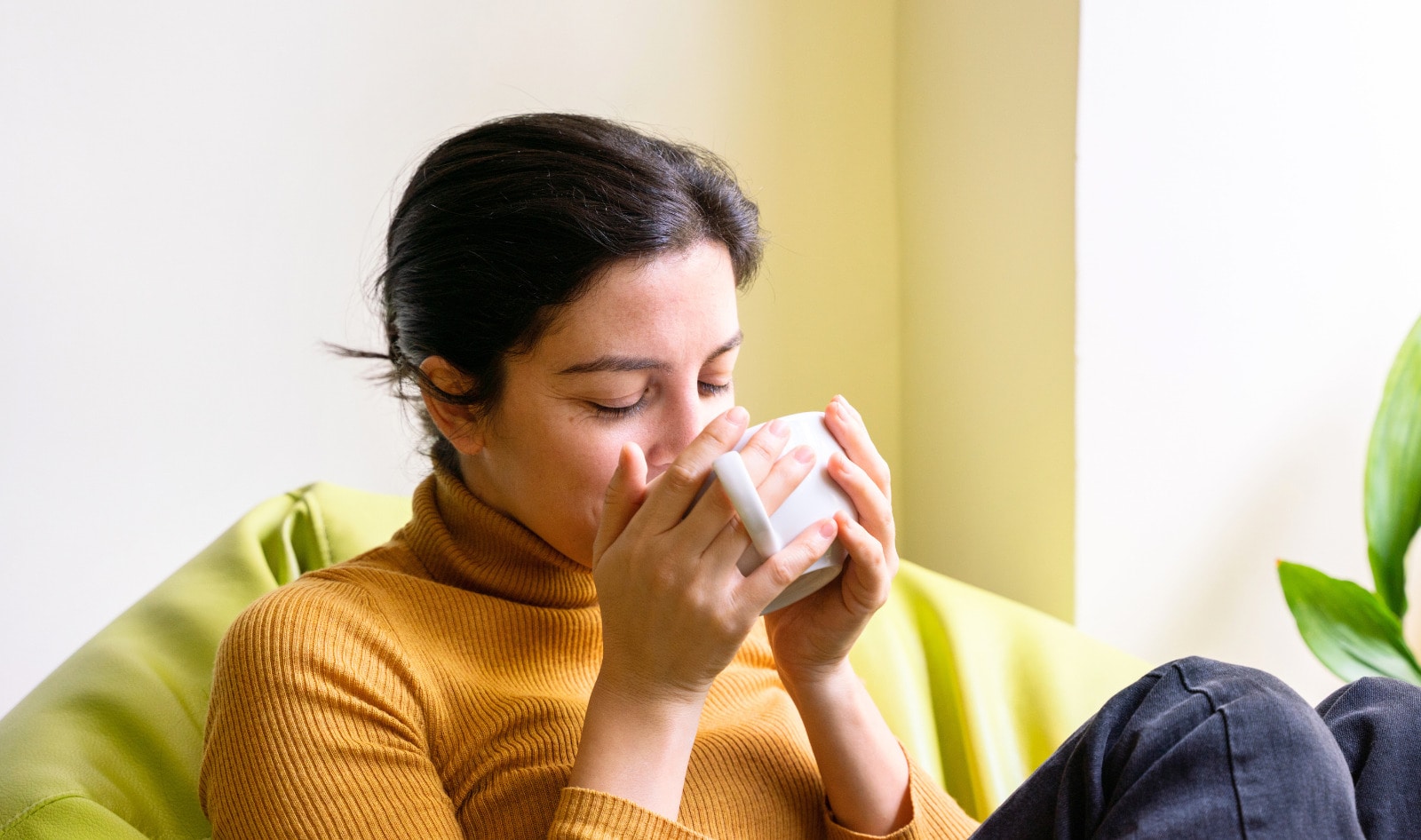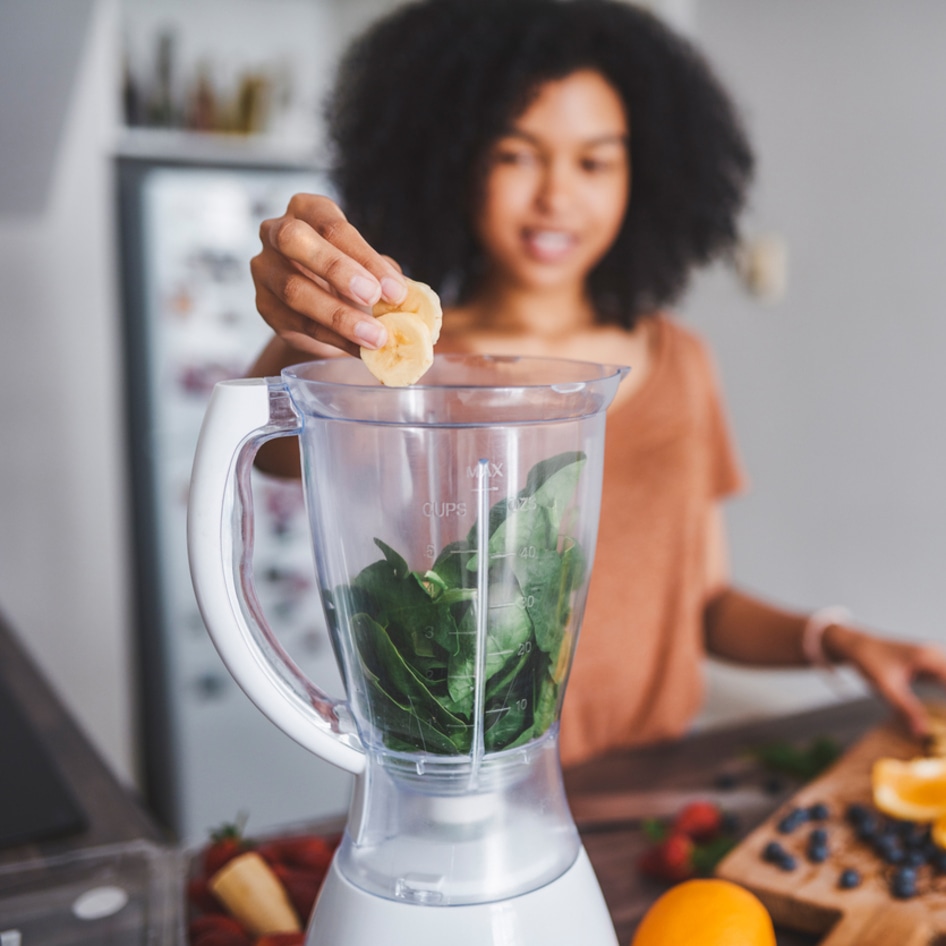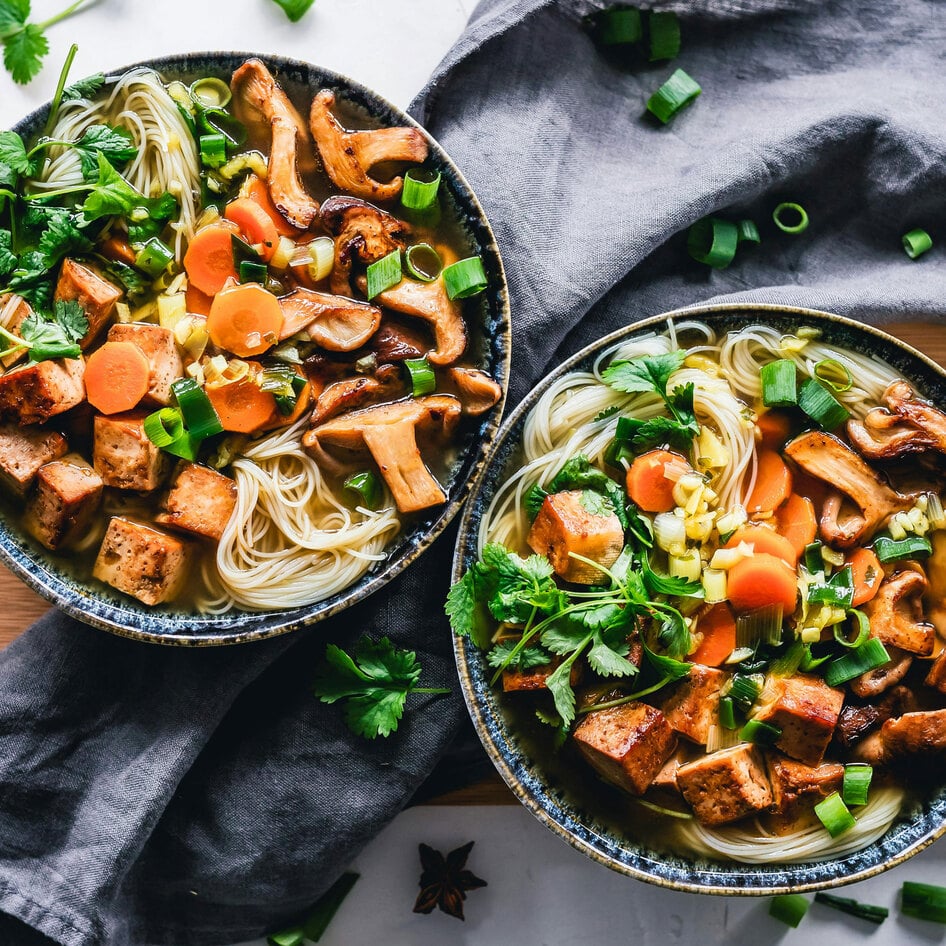According to one content creator, Josh Farris, who also describes himself as a holistic lifestyle teacher, parasites are “probably contributing to sickness, disease, and inflammation in your body.” To deal with them, his advice is to “open up the detox pathways” (which refers to cleansing the colon, the liver, the gallbladder, and the kidneys) and then to drink herbal tea. “Over time, I promise you, you’re gonna start pooping and releasing parasites that you didn’t know were inside of you,” he says.
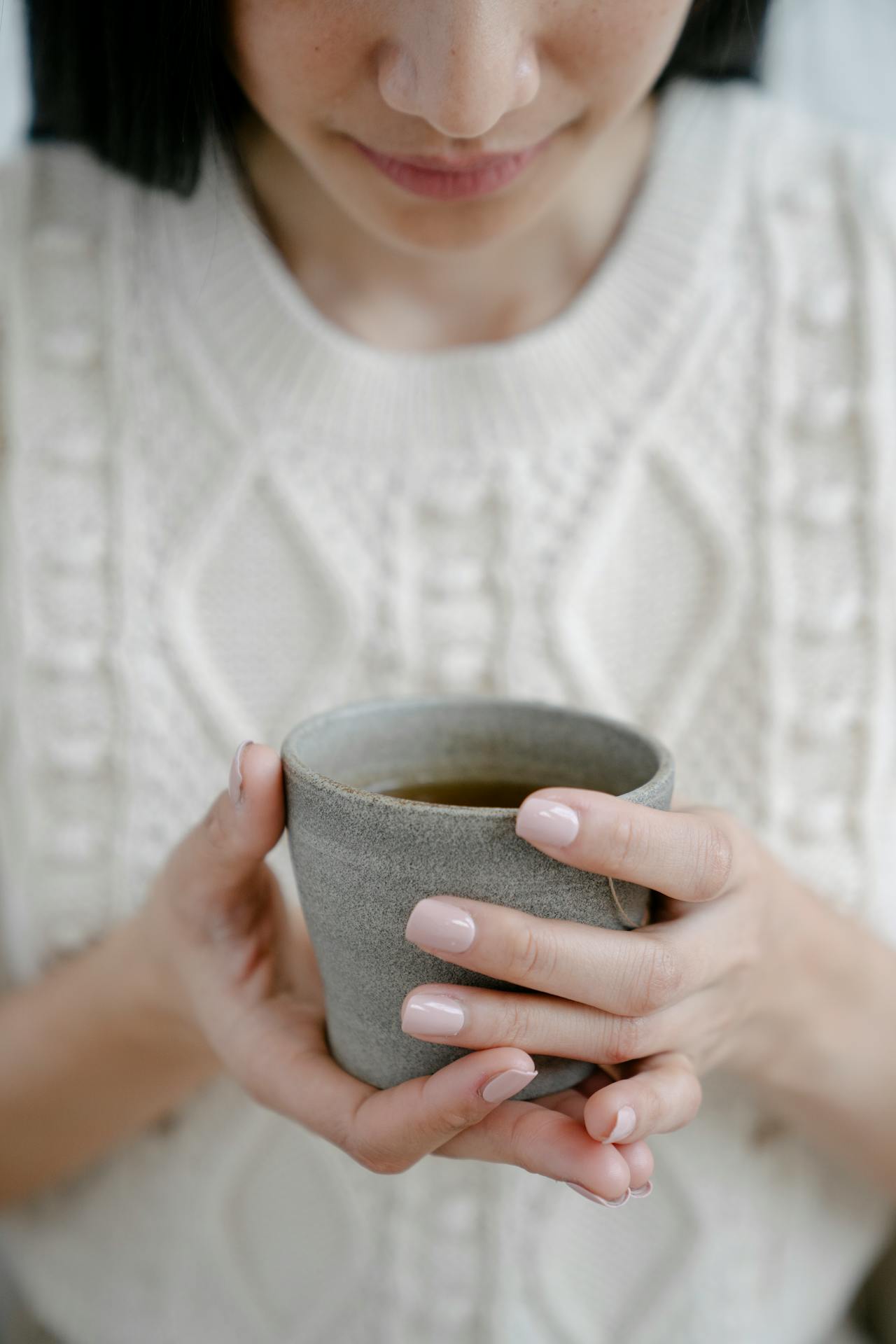 Pexels
Pexels
Farris, who is also known as the Gut Guy, isn’t alone. Parasites, specifically the concept of “cleansing” them from your body, are big on TikTok right now. The app has plenty of advice for parasite removal, including: eating organic papaya, sipping on wormwood tea once a day, drinking nothing but water for seven days, and eating frozen castor oil pills.
But do we really need to remove parasites from our bodies with herbal cleanses? And if we are concerned about parasites, what should we do? We spoke to Katherine Metzelaar, MSN, RDN, CD, a dietitian and certified intuitive eating counselor, to find out more.
What are parasite cleanses?
According to Metzelaar, engaging in a “parasite cleanse” can involve anything from taking herbal supplements to consuming detox drinks to engaging in strict diets. “They usually claim to ‘detoxify’ your system, but the methods and ingredients can vary a lot depending on the product or plan,” she explains.
However, she notes that there isn’t much “solid evidence” to back these claims.
“For most people, the body’s natural detox systems—like the liver and kidneys—already do a great job of keeping things in check,” she says.
“When it comes to actual parasitic infections, proven medical treatments are the way to go.”
Do we all have parasites?
A quick scroll on TikTok might make you believe that everyone has parasites, but that’s likely not the case. They are quite common, though.
According to the Centers for Disease Control and Prevention (CDC), more than 60 million people in the US may have toxoplasma gondii, which is a parasite that can cause toxoplasmosis, one of the most common parasitic infections worldwide. It doesn’t always have symptoms, but if it does, they can include fever, headache, fatigue, and swollen lymph nodes.
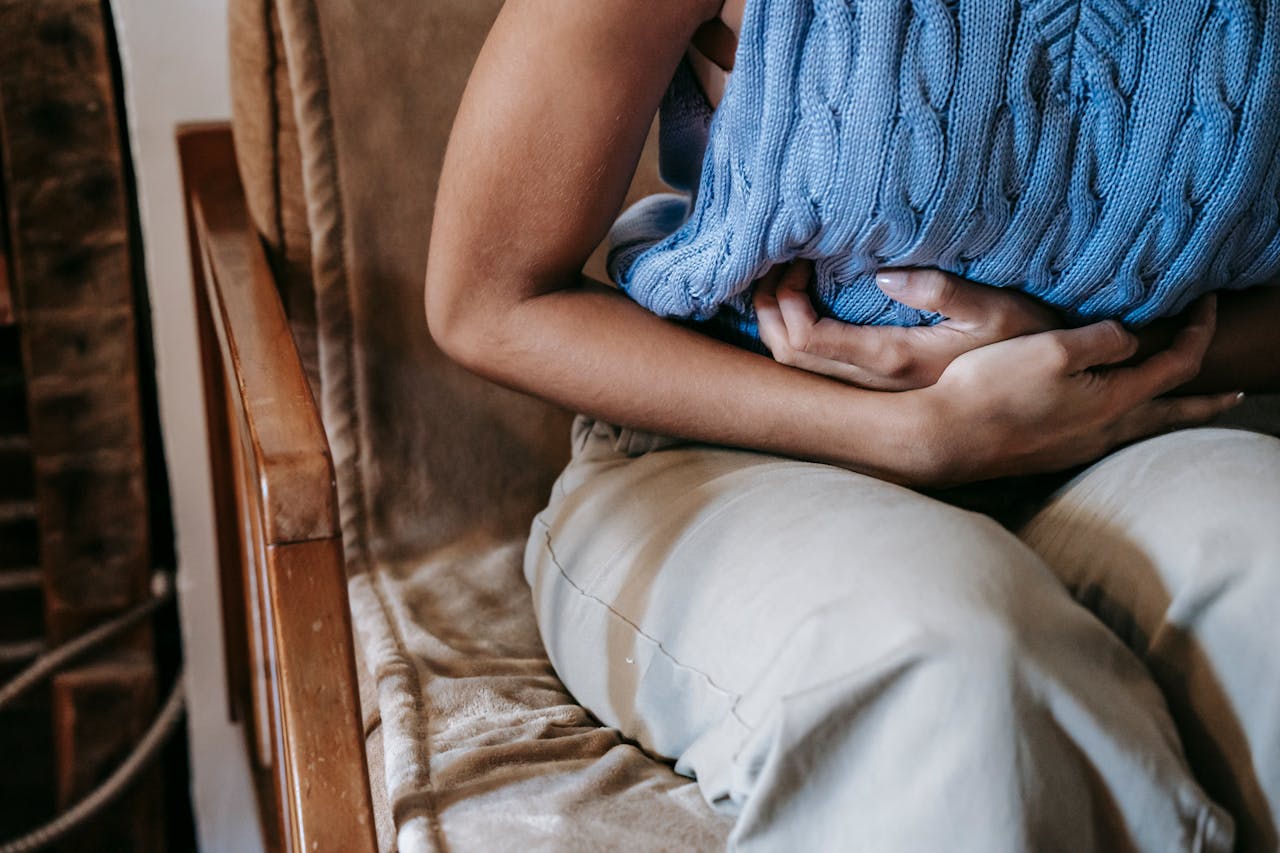 Pexels
Pexels
Other common parasitic infections include trichomoniasis, a sexually transmitted infection (STI) caused by a parasite called Trichomonas vaginalis. According to the CDC, it affects around 3.7 million Americans in the US, but the good news is it’s easy to treat with medication.
What to do if you think you have a parasitic infection
The type of medication needed to treat a parasite infection depends on the parasite. Tapeworm, for example, which can be contracted by consuming undercooked meat, is often treated with anthelmintic drugs, while trichomoniasis may be treated with antiprotozoal drugs. Essentially, these are drugs targeted at the organisms that are causing the disease (in this case, helminth parasites or protozoic parasites).
To determine whether you need them, the best thing to do is to visit a doctor and describe any unusual symptoms you may have. They can work with you to diagnose the problem and find the right solution.
“If you think you might have a parasitic infection, avoid cleanses and talk to a doctor right away. They can run tests to confirm what’s going on and recommend safe, effective treatments,” says Metzelaar.
“Delaying medical care or using unproven remedies like the parasite cleanses on social media or online could and likely will make the problem worse or lead to other health issues.”
Many health claims on social media are not accurate. According to research conducted by the healthcare software company Tebra in 2024, 45 percent of medical advice on TikTok was either “false or misleading.” It also found that 67 percent of videos in the “alternative medicine” category contained misleading information.
“Be wary of exaggerated claims, fear-based marketing, and glowing testimonials that sound too good to be true,” warns Metzelaar. “Many of these cleanses aren’t just unproven—they can also be harmful.”
While herbal teas tend to be harmless (and may even have health benefits) when enjoyed as part of a balanced diet, when they’re used in a restrictive diet, they can become dangerous. “Over-restrictive diets that are sometimes also prescribed alongside the ‘protocol’ can lead to nutrient deficiencies and negatively impact your overall health,” Metzelaar explains.
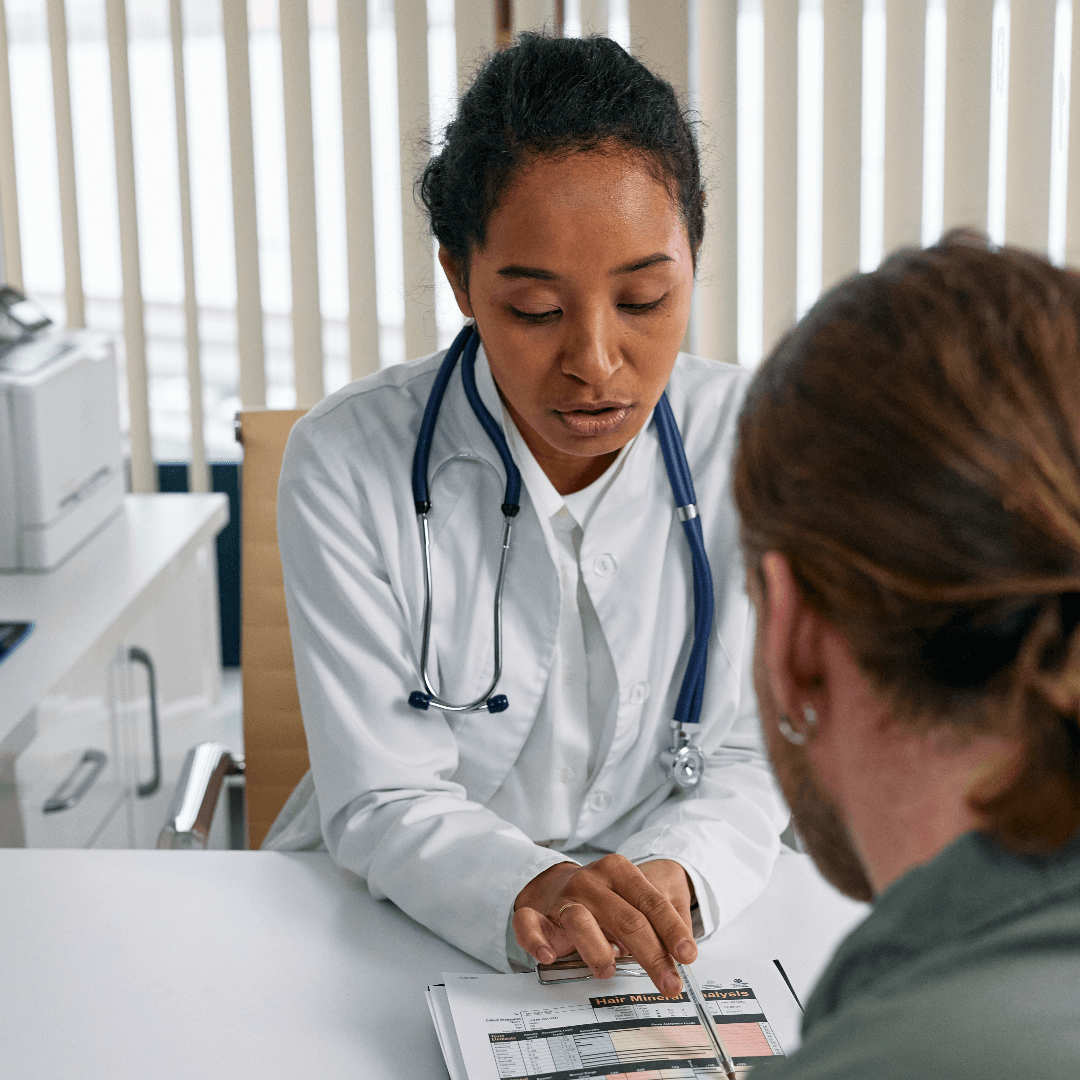 Cottonbro Studio | Pexels
Cottonbro Studio | Pexels
BECOME A VEGNEWS VIP: Get exclusive product deals, freebies, and perks galore!
She added that some ingredients being touted as parasite cures can irritate the digestive system, for example, or interact with medications. “I always recommend consulting a doctor before trying anything,” she says.
Finally, she notes that aside from obtaining professional medical advice, one of the best things we can do to help support our bodies to fight any infection is to nourish them well with healthy nutrient-dense foods, like fruits and vegetables.
“A balanced diet supports your immune system by providing essential nutrients like vitamins, minerals, and antioxidants,” she explains. “These help your body stay strong and better equipped to handle infections. Eating a variety of foods also promotes a healthy gut microbiome, which plays a big role in your immune defense. The more foods we restrict the more challenging it is for our digestive systems.”
For more plant-based stories like this, read:
JUMP TO ... Latest News | Recipes | Guides | Health | Subscribe

